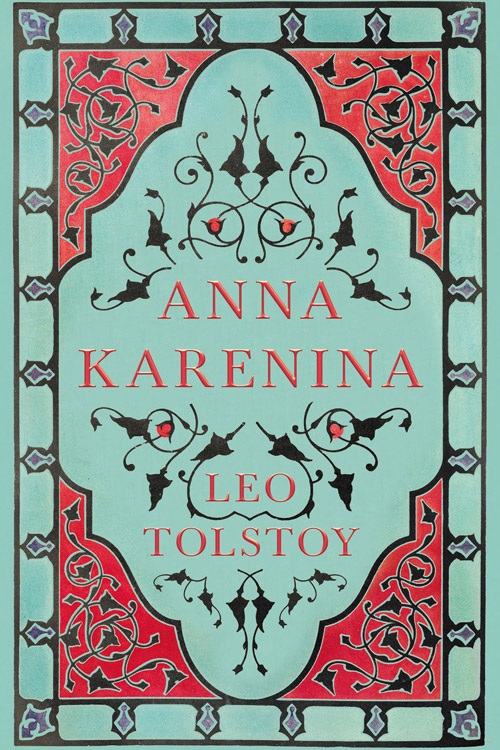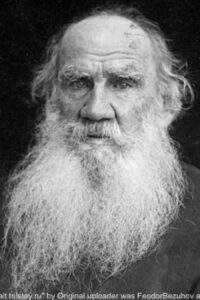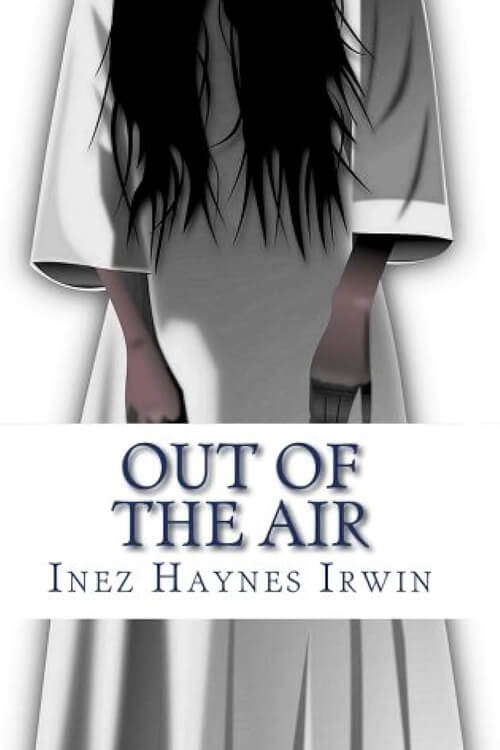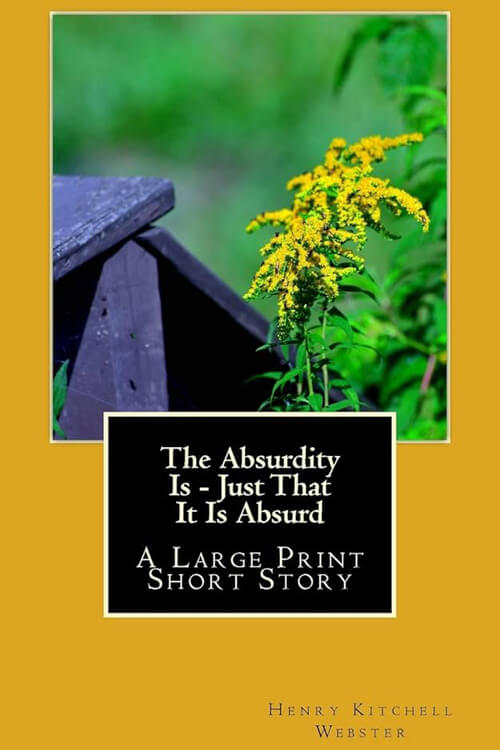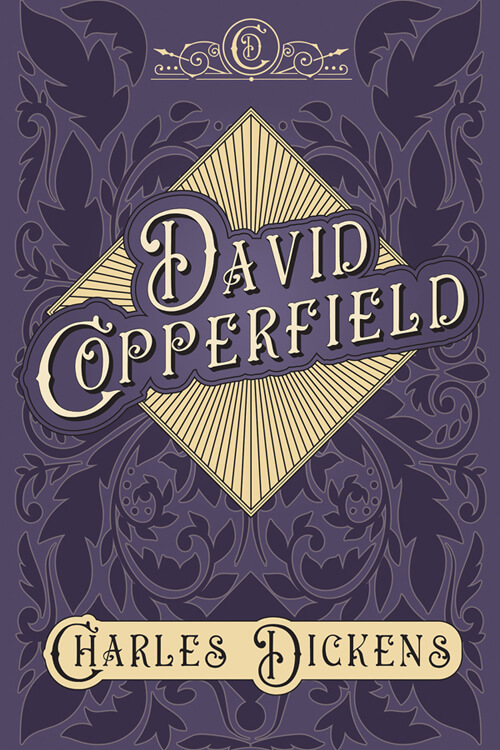
Anna Karenina
Anna Karenina consists of more than the story of Anna Karenina, a married socialite, and her affair with the affluent Count Vronsky. However, their relationship is a powerful component of the plot. The story starts when she arrives amid her brother’s family being broken up by his unbridled womanizing, which prefigures her later situation. A bachelor, Vronsky is eager to marry Anna if she will agree to leave her husband Karenin, a senior government official. Although Vronsky and Anna go to Italy, where they can be together, leaving behind Anna’s child from her first marriage, they have trouble making friends.
When they return to Russia, Anna suffers shunning and isolation due to the relationship. While Vronsky pursues his social life, Anna grows increasingly possessive and paranoid about his supposed infidelity. A parallel story within the novel is that of Konstantin Levin, a wealthy country landowner who wants to marry Kitty, sister to Dolly and sister-in-law to Anna’s brother Stepan Oblonsky. Levin has to propose twice before Kitty accepts. The novel details Levin’s difficulties managing his estate, his eventual marriage, and his struggle to get the Christian faith until the birth of his first child. The novel explores a diverse range of topics in approximately one thousand pages. Some of these topics include an evaluation of Russia’s land and agricultural system at the time and politics, not only in the Russian government but also at the level of the individual characters and families, religion, morality, gender, and social class.
Read or download Book
Leo Tolstoy
Count Lev Nikolayevich Tolstoy (9 September [O.S. 28 August] 1828 – 20 November [O.S. 7 November] 1910), usually referred to in English as Leo Tolstoy, was a Russian writer regarded as one of the greatest authors of all time. He received nominations for the Nobel Prize in Literature every year from 1902 to 1906 and for the Nobel Peace Prize in 1901, 1902, and 1909.
Biography.
Born to an aristocratic Russian family in 1828, Tolstoy’s notable works include War and Peace (1869) and Anna Karenina (1878), often cited as pinnacles of realist fiction. He first achieved literary acclaim in his twenties with his semi-autobiographical trilogy Childhood, Boyhood, and Youth (1852–1856) and Sevastopol Sketches (1855), based upon his experiences in the Crimean War. His fiction includes dozens of short stories, such as “After the Ball” (1911), and several novellas, such as The Death of Ivan Ilyich (1886), Family Happiness (1859), and Hadji Murad (1912). He also wrote plays and essays concerning philosophical, moral, and religious themes.
In the 1870s, Tolstoy experienced a profound moral crisis, followed by what he regarded as an equally profound spiritual awakening, as outlined in his non-fiction work Confession (1882). His literal interpretation of the ethical teachings of Jesus, centring on the Sermon on the Mount, caused him to become a fervent Christian anarchist and pacifist. His ideas on nonviolent resistance, expressed in such works as The Kingdom of God Is Within You (1894), profoundly impacted such pivotal 20th-century figures as Mahatma Gandhi, Martin Luther King Jr., and Ludwig Wittgenstein. He also became a dedicated advocate of Georgism, the economic philosophy of Henry George, which he incorporated into his writing, particularly in his novel Resurrection (1899).
Origins
The Tolstoys were a well-known family of old Russian nobility who traced their ancestry to a mythical nobleman named Indris, described by Pyotr Tolstoy as arriving “from Nemec, from the lands of Caesar” to Chernihiv in 1353 along with his two sons Litvinos (or Litvonis) and Zimonten (or Zigmont) and a druzhina of 3000 people. While the word “Nemec” has been used to describe Germans for a long time, it was applied to any foreigner who did not speak Russian (from the phrase nemoy, meaning mute). Indris was then converted to Eastern Orthodoxy under Leonty and his sons Konstantin and Feodor. Konstantin’s grandson Andrei Kharitonovich was nicknamed Tolstoy (translated as fat) by Vasily II of Moscow after he moved from Chernihiv to Moscow.
Because of the pagan names and the fact that Chernihiv at the time was ruled by Demetrius I Starshy, some researchers concluded that they were Lithuanians who arrived from the Grand Duchy of Lithuania. At the same time, no mention of Indris was ever found in the 14th-to-16th-century documents, while the Chernihiv Chronicles used by Pyotr Tolstoy as a reference was lost. The first documented members of the Tolstoy family also lived during the 17th century, thus Pyotr Tolstoy himself is generally considered the founder of the noble house, being granted the title of count by Peter the Great.

